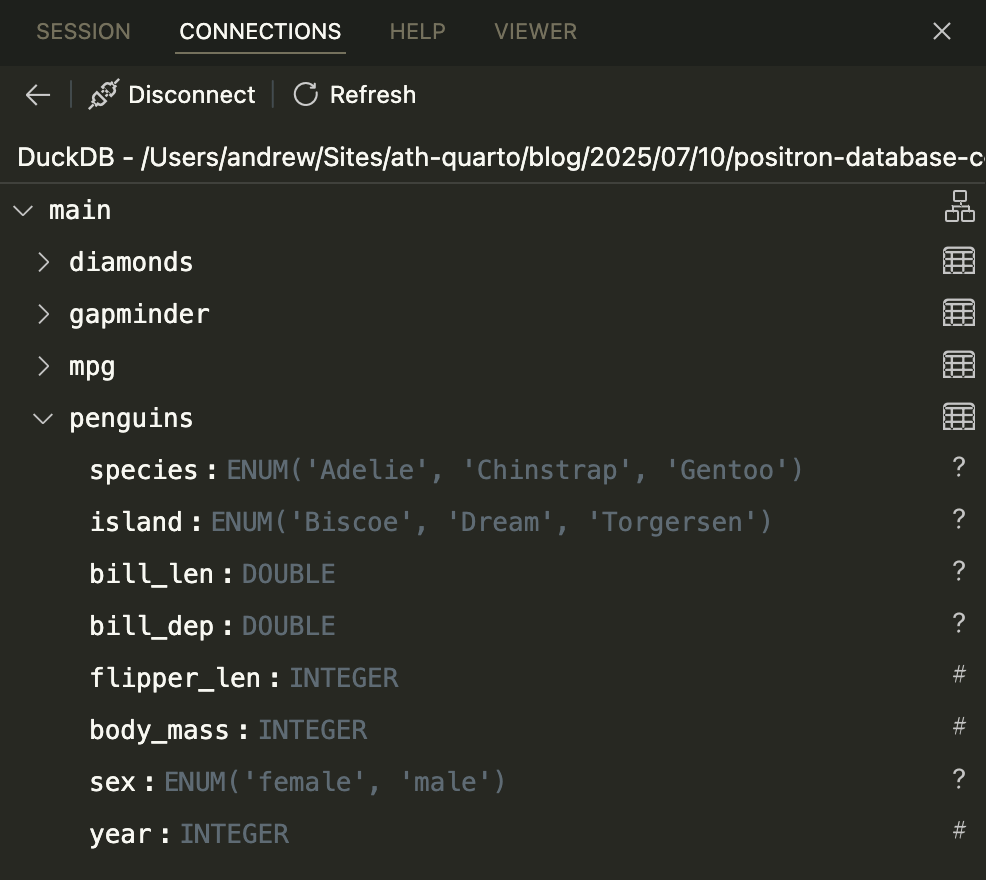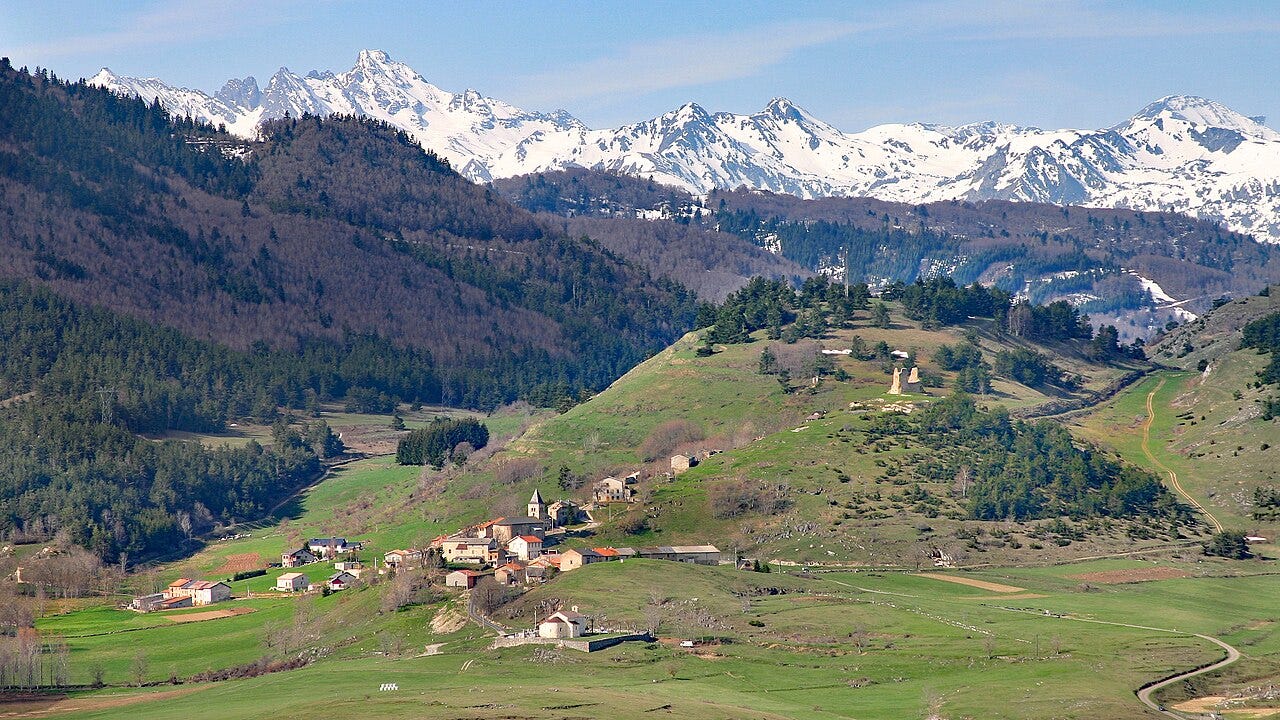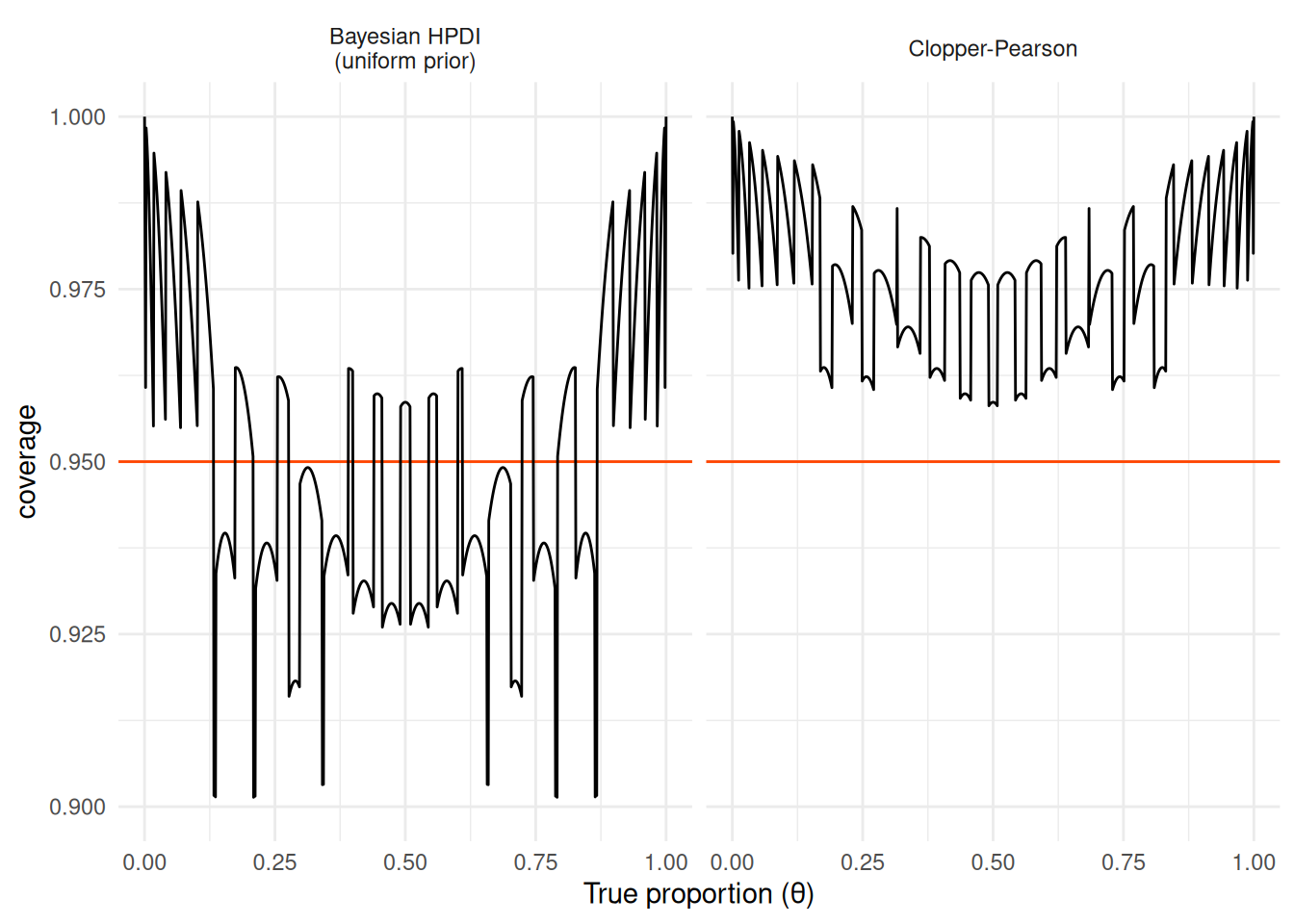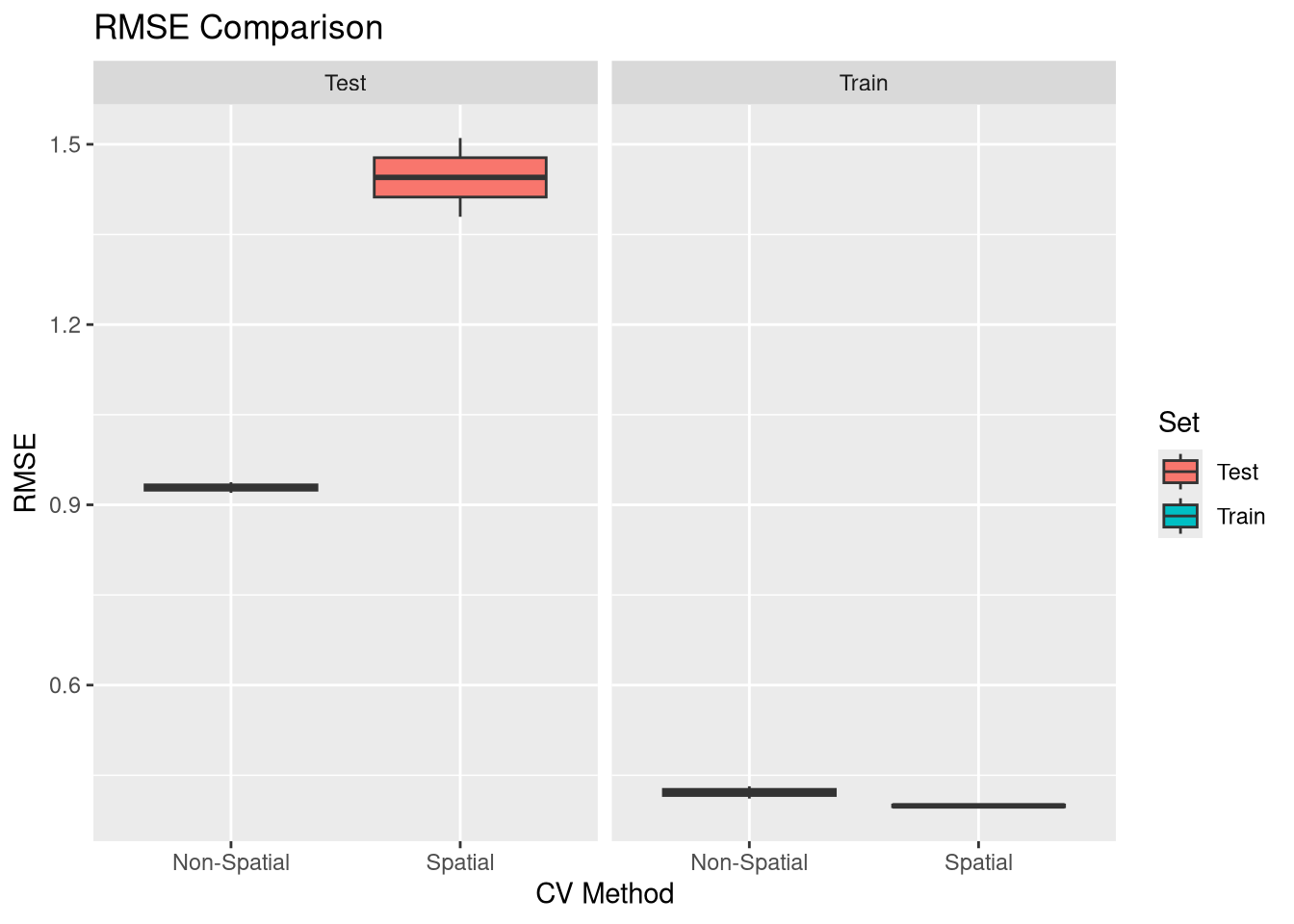Ever since Werner Heisenberg formulated the uncertainty principle, physics has been grappling with the unsettling realization that the universe does not function like clockwork—a metaphor Newton introduced and which held sway for centuries.
Rogue Scholar Posts

One more Positron-related post! It’s a quick one, just to highlight one feature I think is really neat and helpful: the Connections Pane. In a newer research project I’m working on, I have geocoded data for every foreign aid project run by most donor countries since 1989.

The past is powerful evidence for arguments about the present.
Warning: I do not specialize in digital literacy and my understanding of such matters is limited.

I am not a staunch advocate of Bayesian methods — I can totally see how for some questions a frequentist approach may provide more satisfactory answers. In this post, we’ll explore how for a simple scenario (negative binomial regression with small sample size), standard frequentist methods fail at being frequentist while standard Bayesian methods provide good frequentist guarantees.

This is the sixth and the final blog post in a series on spatial machine learning with R. You can find the list of other blog posts in this series in part one.
In public and political discourses, 2015 was constructed as the peak of a ‘refugee crisis.’ While a crisis is supposed to be temporary by definition, it seems that many references to migration have since been associated with the label ‘crisis.’ We argue that a ‘permanentification’ of a regime of crisis has been taking place over the last years.
The UK and Ireland Computing Education Research (UKICER) conference, takes place on Thursday 4th of September 2025 and Friday 5th of September 2025 in Edinburgh, UK. There are also two free co-located pre-conference events taking place at the same location on Wednesday 3rd of September 2025 at 1-5 pm. UKICER will include keynotes from Keith Quille from TU Dublin, Judy Robertson and Serdar
All of the posts here now have Digital Object Identifiers (DOIs) thanks to a tool called Rogue Scholar. [1] What this means is that details of our meetings are more: Findable — every blog post is searchable via rich metadata and full-text search. Citeable — every blog post is assigned a Digital Object Identifier (DOI), to make them citable and trackable.
This note accompanies a dataset that I uploaded to Zenodo (https://doi.org/10.5281/zenodo.15824274). My goal in creating this dataset is to link data created on the Barcode of Life Data Systems to the DOIs for those datasets, and then to link those data DOIs to DOIs for the papers (if any) that created those datasets, and/or cited them.
So far we have dived into the historical origins of the peer review concept and the earliest attempts at an external referee system used by the Royal Society. Even in this early exploration, we have encountered issues with peer review that persist today. The first part of this series concluded with the beginnings of peer review, but we still hadn’t arrived at peer review as we know it in the 21st century.